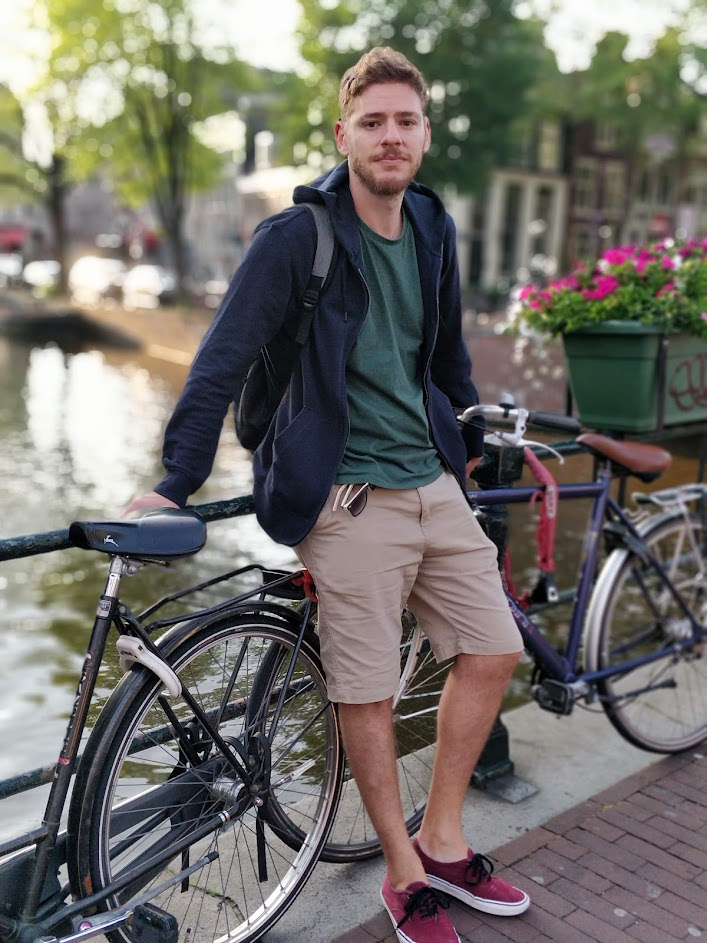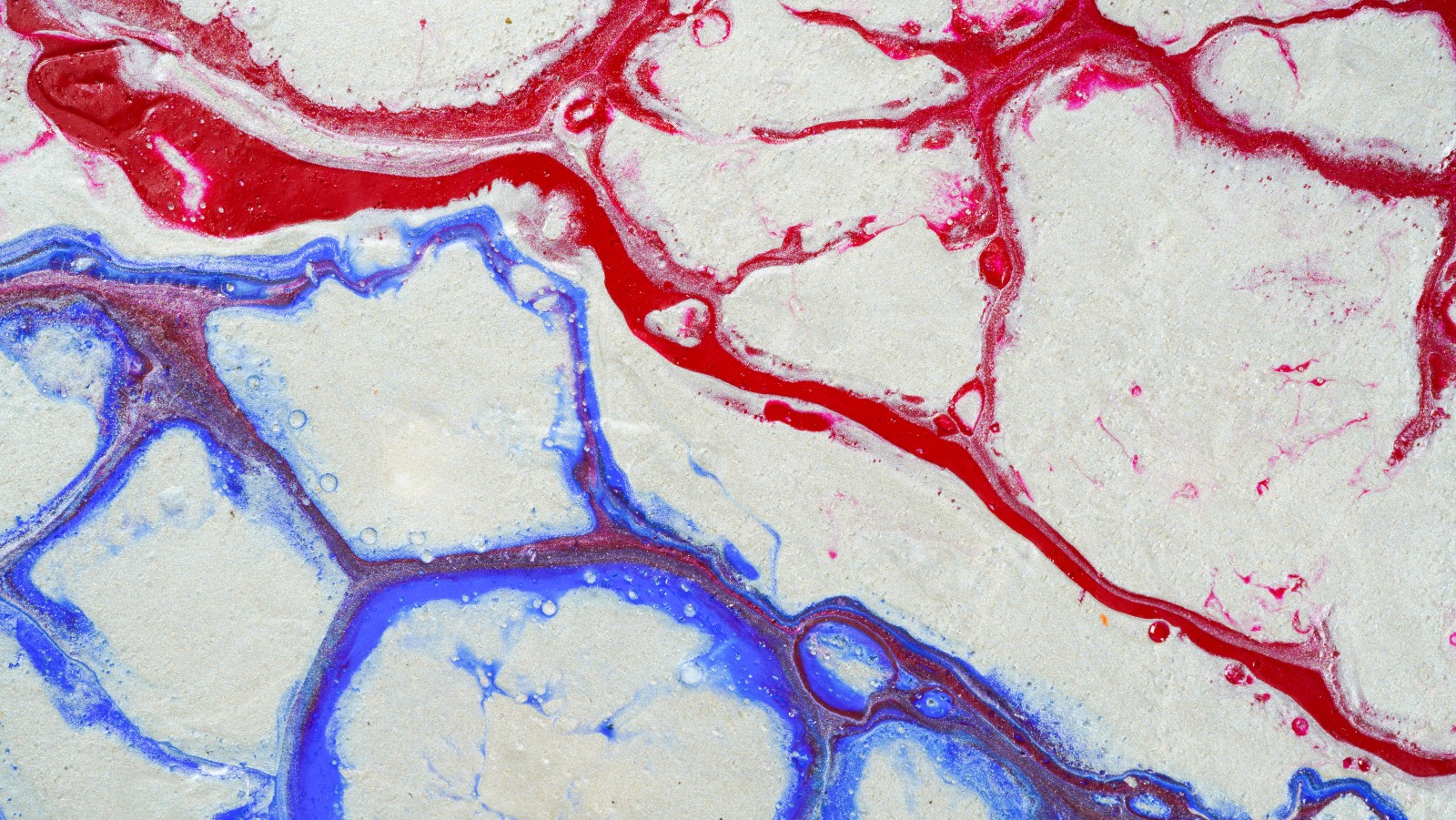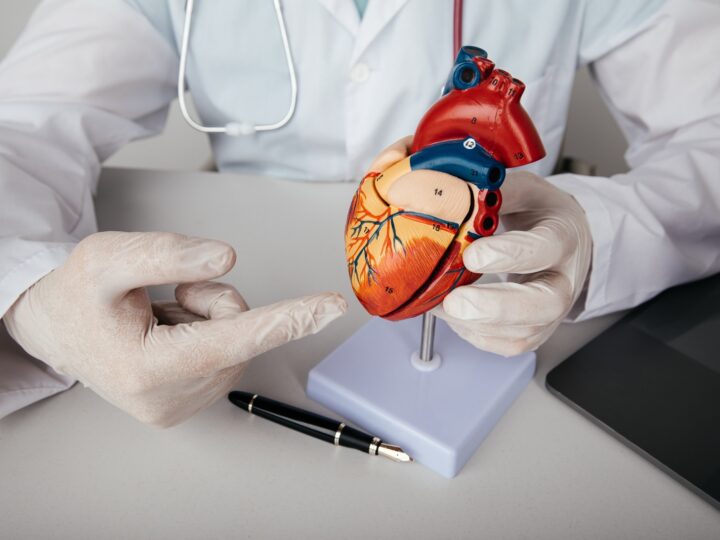The science of tissue engineering uses cells and biomolecules combined with scaffolds to repair, replace or regenerate a damaged body part with bio-identical tissue.
But when engineered tissues are transplanted into the body, they need a network of blood vessels to function like natural tissues would.
The current method is to transplant the engineered tissue first into a healthy limb, allowing the tissue to be permeated by the host’s blood vessels, and then transplanting the structure into the affected area.
A breakthrough from researchers led by Technion-Israel Institute of Technology tissue engineering pioneer Prof. Shulamit Levenberg could make that intermediary step unnecessary.
As described in Advanced Materials, Levenberg lab member Ariel Alejandro Szklanny 3D-printed a system containing a functional combination of large and small blood vessels.

His structure, dubbed VesselNet, was attached to a rat’s femoral artery. Blood flowing through the engineered structure successfully spread through the vessel network, supplying blood to the tissue without leakage.
Szklanny’s vascularized tissue constructs incorporate another Israeli innovation: human collagen produced by engineered tobacco plants, from CollPlant.
His technique could be used in the future to create personalized blood vessels, of the exact shape necessary, which can be printed and implanted together with implanted tissue engineered from the patient’s own cells, eliminating rejection risk.
The study received funding from the European Research Council under the European Union’s Horizon 2020 Research and Innovation Programme.

















